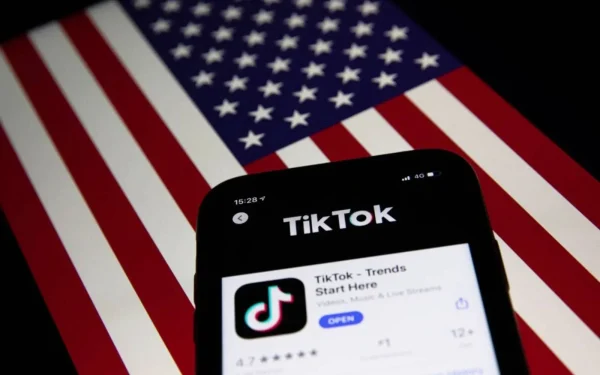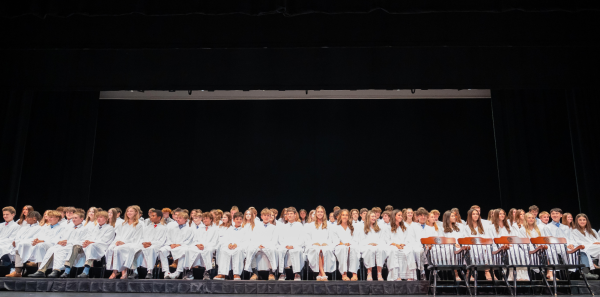The New iPhone 12 Is Here
Apparently, there is a new iPhone on the horizon…or is there? On September 15, 2020, Apple held a keynote event, unveiling several new products: the Apple Watch Series 6, Apple Watch SE, iPad Air, and the eighth-generation iPad. However, the company did not announce a new version of the iPhone. Why was Apple’s most popular product conspicuously absent from the keynote? The answer is not clear, but here’s what we do know about the new iPhone 12.
According to an article on tomsguide.com, the new iPhone is rumored to have multiple versions: iPhone 12, iPhone 12 Pro, and iPhone 12 Pro Max, and the iPhone 12 Mini. Apple has also confirmed the phone’s release date, which is set to be Friday, October 23. The launch date, when consumers can pre-order, is slated for Friday, October 16.
Nothing has been fully confirmed yet, but it has been said by macrumors.com that the iPhone 12 Mini may be one of the smallest phones Apple has ever released since the iPhone SE, standing at a compact 4.7 inches tall. The more high-end model (the Pro Max) will probably be Apple’s largest phone created, standing at a staggering 6.7 inches tall, 0.2 inches taller than the former record-holder, the iPhone 11 Pro Max. The other iPhone, the iPhone 12 Pro, has been rumored to stand at around 6.1 inches.

Apple is also expected to give these phones some new software and hardware upgrades, including the first 5G iPhone. As 5G networks pop up around the world, this will make the new iPhones much more powerful than any of the previous ones. According to an article on techradar.com, leaks and rumors have also suggested that the iPhone 12 may get a LiDAR (Light Detection and Ranging) scanner. This scanner, which uses lasers to judge distances and depths for augmented reality apps and photos, will be a huge upgrade for the phone’s camera. Users of the phone will have the ability to take much more detailed, in-depth photos as the scanner will be able to measure the exact distance to surrounding objects up to five meters away in just nano-seconds.
Face ID is also expected to be implemented on the device just like the previous ones, with Touch ID becoming a thing of the past. Some other features the phone will have is an OLED display at the resolution of 2340 x 1080, giving the user a very clear and detailed image of the display. There is also a possibility of Apple adding in a 120 Hz display, making the experience of using an iPhone much smoother.
Ross Young, the founder of Display Supply Chain Consultants, has stated on Twitter that with this kind of refresh rate, the battery life may be significantly decreased. Also, the new iPhone may contain an A14 Bionic chipset, the same one used in the iPad Pro 2020. This chip will be the most powerful one yet used in any iPhone.
Coming as a disappointment, however, the new iPhone will most likely not look much different than the previous iPhone 11. There may be some small changes on the exterior, though. According to an article on cnet.com, some of these changes may include a triangular notch on the top. This will give the phone a cleaner look, and more space on the top of the display.
Furthermore, although unlikely, the iPhone 12 may have four lenses for its camera instead of three like on the previous iPhone 11 Pro, and the iPhone 11 Pro Max. If the phone does contain the new lens, it will likely be the LiDAR scanner. The thickness of the phone may also change, but very slightly. If the thickness were to change, it would be less than a two-millimeter difference, but it would still be something of note.

In terms of price, this new generation of iPhone will be competitively priced in relation to its predecessors.
The base models of the iPhone, such as the iPhone 12 Mini, are rumored to have a starting price of $649, with the more high-end versions, such as the iPhone 12 Pro Max, costing up to $1,500.
However, the cost is not deterring middle schoolers.
“I will buy the iPhone 12 because it looks like a great phone so far,” said eighth-grader James Marshall.
But the lack of major upgrades is.
“No, I will not buy the iPhone [12] because it looks the same as all the other ones,” said fellow eighth grader Chase Bennett.
So, will Apple’s iPhone 12 continue to be as successful as all of the previous iterations? We will find out soon enough, but for now, people can excitedly anticipate as Apple prepares to unveil their newest device to the world.








